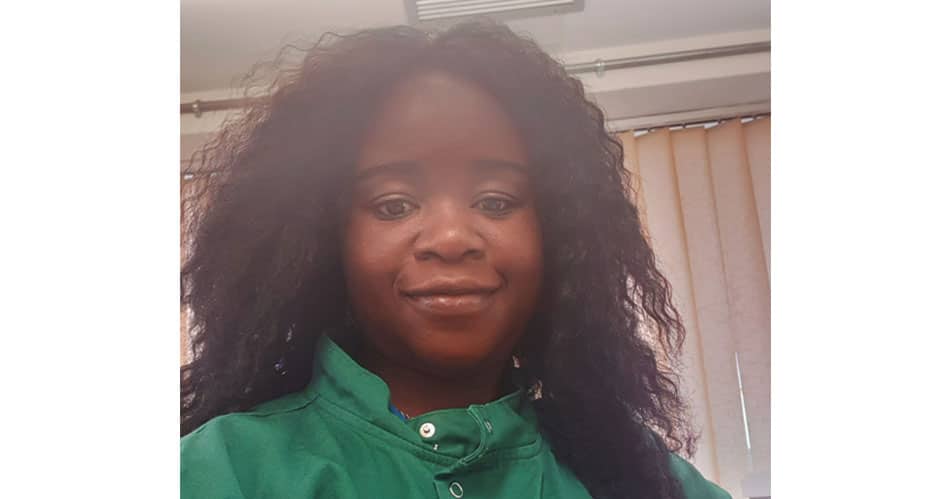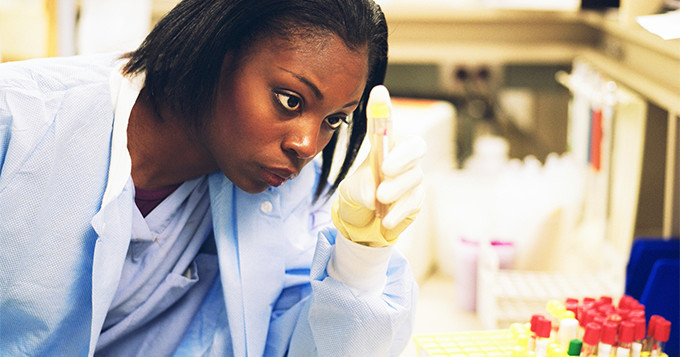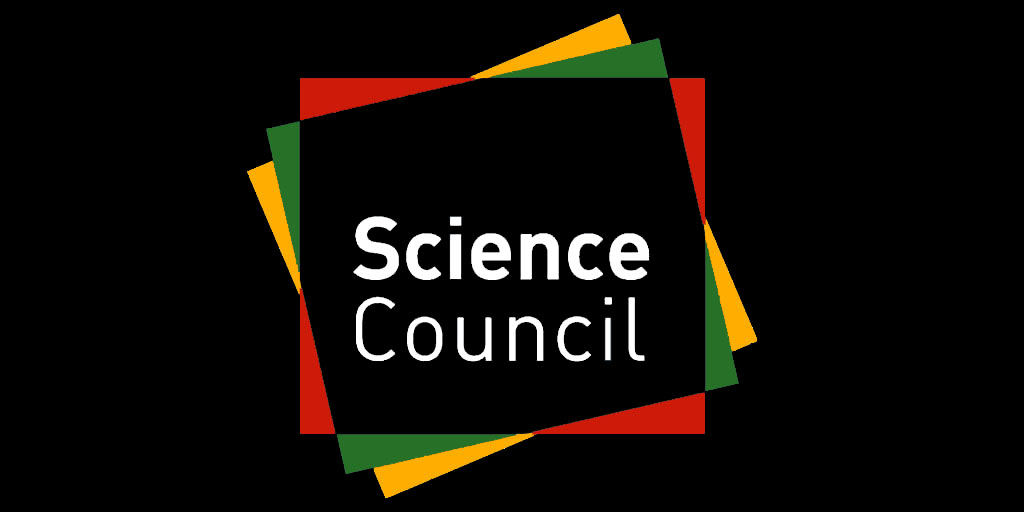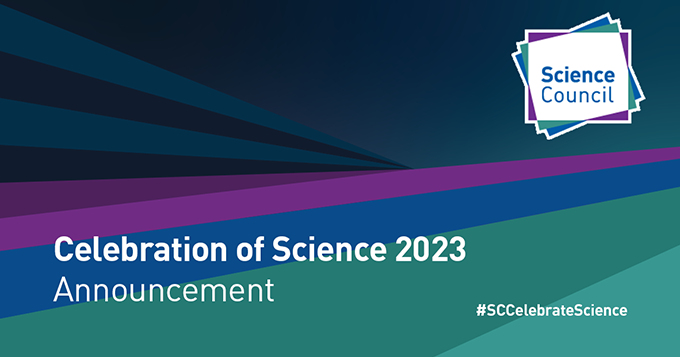Bamidele Farinre FIBMS, a Senior Executive officer at the Public Health England (PHE), reflects on careers and mentorship for Black History Month.
As a black scientist, this year has proved to be the most phenomenal highlight in my career; however achievements have not come easy.
I have found it immensely challenging to get to where I am today. I remember during my first year of college when I was told I didn’t have the brain to study science because I failed all my subjects. Another major issue I encountered was the difficulty in climbing up the career ladder. With both of these situations I came to the conclusion that having a mentor could be a positive aspect to developing personally and professionally.
Fast track to 2019, where I am now a specialist in my field of practice with the privilege to inspire the future generation into STEM in my roles as a STEM ambassador, a CPD officer and a British Science Association Crest assessor. I get satisfaction in encouraging others, especially school children, letting them know that science is for all. They can be whatever they aspire to be.
What hampered me the most during the early stages of my career is the lack of mentorship. It is a known fact that mentorship is vitally important to the personal and professional development of an individual.
As a black woman in STEM-related careers, there are a lot of obstacles and having the advice of a woman who has already “been there, done that” can vastly improve the ability of women new to or rising up within their fields to stay the course and see that success is possible. Most of the mentors I have come across in my journey in STEM have been males.
There was a deficit of female black mentors during my undergrad years, and even if there were some available, I wasn’t aware of them. Until 2012 when I was doing my Specialist diploma studies in virology, I attended a lot of conferences and seminars and was lucky to meet a lot of female mentors who inspired me. I found that having a mentor has actively addressed situations that might not be inherently easy for those new to the career, like workplace politics, negotiations (for salary or promotion), and overall work life-balancing mechanisms.
I’ve now taken up a role where through CREST, I have the chance to mentor students. CREST is a scheme where young people take on the role of a STEM professional through a wide range of projects and activities. It offers them the opportunity to achieve a recognised award, develop life skills and question the stereotypes of what it is to be a scientist.
As a CREST award assessor, I help develop students’ interest and attitudes towards science, along with their scientific and project skills, by assessing students’ projects via BSA online platform, providing constructive feedback and encouragement.
I believe the key driver to achieving gender diversity is to give males and females equal opportunities to succeed.
-Bamidele
In addition to being a Specialist in virology at Public Health England, Bamidele is a 2019 IBMS biomedical science champion for the London region, was featured in The Pathologist magazine’s 2019 Power list, and was a finalist for the 2019 Advancing Healthcare Award for inspiring the biomedical workforce of the future.
Read more of the Science Council’s Black History Month blogs here.




